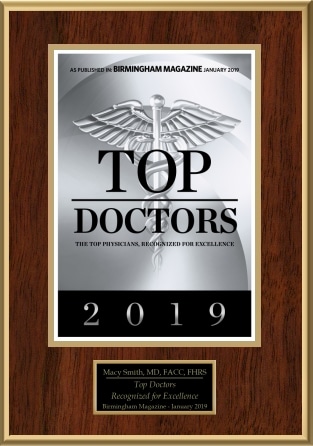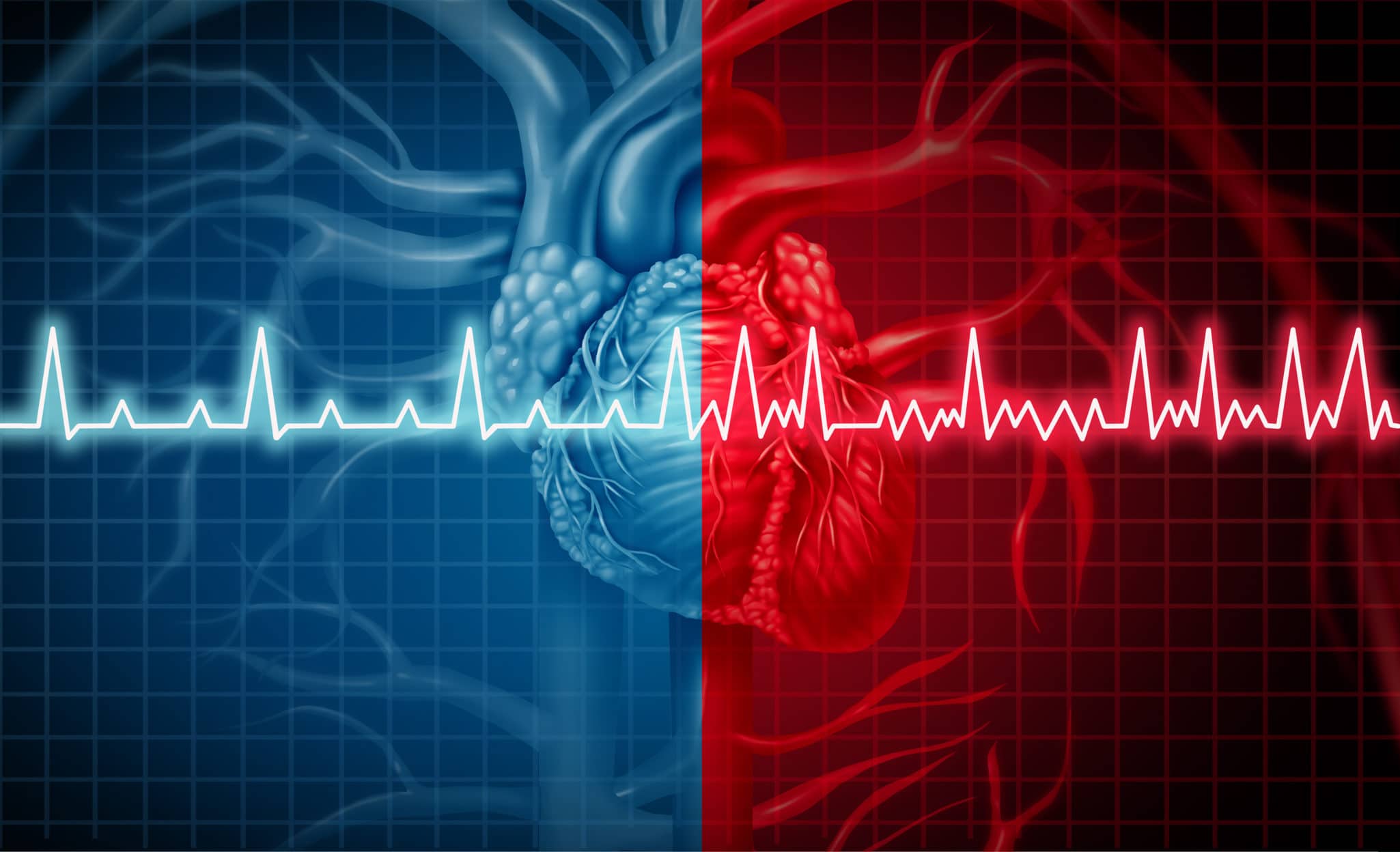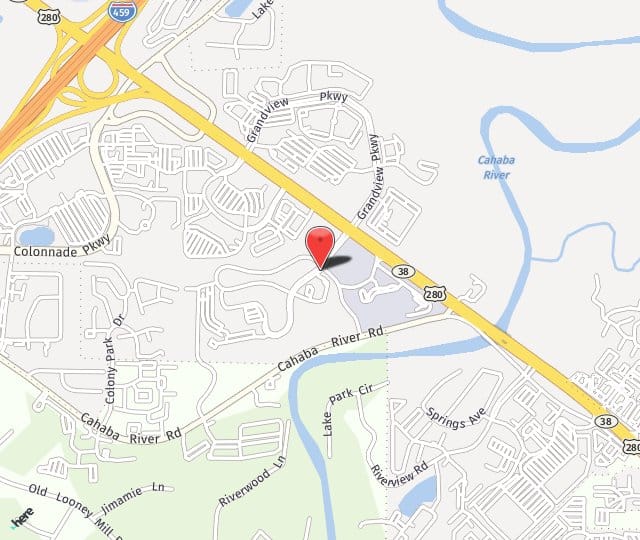
What is Cardioversion?
If drugs are not able to control a persistent irregular heart rhythm (such as atrial fibrillation), cardioversion may be required. Electrical cardioversion is a process by which we shock the heart to convert it from an irregular rhythm back into a normal sinus rhythm.
Cardioversion for Treating Atrial Fibrillation
For patients in persistent atrial fibrillation, electrical cardioversion may happen early in the process to stop the afib and put the heart back into normal sinus rhythm. For other afib patients, we may not try electrical cardioversion until later, when medication has stopped working. While electrical cardioversion may be effective at converting the heart back into normal sinus rhythm, it has a low success rate in keeping it there and thus may require multiple tries. It also doesn't cure afib.
What should you expect if you are going to have a Cardioversion procedure?
First, to avoid having blood clots break free during this procedure, you may take anticoagulants for one to two months before the procedure to eliminate your risk of blood clots. If you can't take anticoagulants, you may have a transesophageal echocardiogram (TEE) in which you swallow a narrow tube with a camera that makes ultrasound images of the heart to ensure that your heart doesn't contain any blood clots.
Dr. Smith will tell you not to have anything by mouth after midnight the night before the procedure. You will have your electrical cardioversion in the electrophysiology (EP) lab or suite.
Testimonials
"CVA worked me in within a week of being referred. I was then referred to Dr. Smith who worked me in a week later. He’s great to explain everything and he and his staff are very efficient and professional. The system they have maintains patient privacy and is very efficient."
"Dr. Smith and his staff are very caring and professional. He took his time and explained everything to us."

The Cardioversion Procedure with Dr. Smith
Once you arrive, Dr. Macy Smith will insert an IV for you to receive medications and fluids and connect to monitors so that he can see what is happening. When it's time for the procedure to begin, Dr. Smith will give you medication intravenously to put you to sleep.
Once you're asleep, Dr. Smith will use the defibrillator/cardioverter/pacemaker machine to give your heart a jolt of energy. This will be delivered through paddles or EKG-type patches placed on the front and back of the chest. This electric shock should restore your normal heart rhythm and may take several tries. This is different from defibrillation done in emergent situations, in which a more powerful shock is used to resuscitate a patient.

What are some of the risks of Cardioversion?
After the cardioversion procedure, patients may see their conditions worsen. Some may experience a stroke or clotting, but these complications are rare.
Post-Cardioversion Procedure Results
Following the cardioversion procedure, most patients will usually experience a correct or less abnormal heartbeat. Dr. Smith may require the patient to take blood thinners and antiarrhythmic medication to help maintain the new rhythm.
Schedule a Consultation
If you are interested in cardioversion to treat your arrhythmia, contact our office at 205-971-7566 to schedule a consultation. Macy C. Smith, Jr., MD, FACC, FHRS serves patients in Birmingham, AL and surrounding areas.

